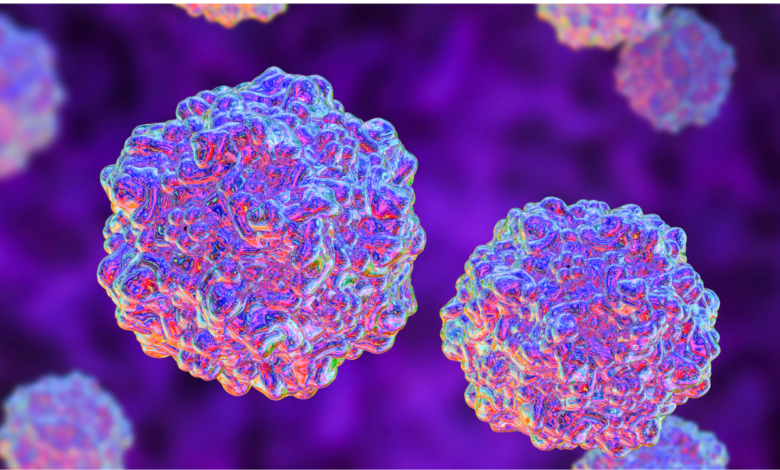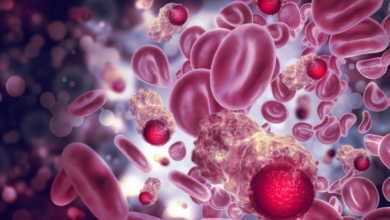Proteomics

What is Proteomics?
Proteomics is a field of science that studies the complete set of proteins, or the proteome, produced by an organism. It involves analyzing the structure, function, interactions, and modifications of proteins.
Why Proteomics is required?
Proteomics is essential for understanding various biological processes, including:
- Disease diagnosis and prognosis: By identifying changes in protein expression patterns, proteomics can help diagnose diseases and predict their progression.
- Drug discovery: Proteomics can be used to identify new drug targets and assess the efficacy of potential therapeutic agents.
- Personalized medicine: Understanding individual proteome variations can help tailor treatments to specific patients.
- Understanding biological pathways: Proteomics can reveal the complex interactions between proteins and other molecules in biological pathways.
Which are the method of Proteomics ?
Several techniques are used in proteomics, including:
- Mass spectrometry: This is a powerful tool for identifying and quantifying proteins based on their mass-to-charge ratio.
- Gel electrophoresis: Proteins can be separated based on size and charge using gel electrophoresis.
- Chromatography: This technique separates proteins based on their physical or chemical properties.
- Immunoblotting (Western blotting): This method detects specific proteins using antibodies.
Who should go for Proteomics ?
While proteomics is primarily a research tool, it may be used in certain clinical settings. For example:
- Patients with rare or undiagnosed diseases: Proteomics can help identify abnormal protein patterns associated with specific diseases.
- Individuals undergoing personalized medicine: Proteomics can provide insights into individual responses to treatments.
What are the results of Proteomics ?
The results of proteomics testing can vary depending on the specific techniques used and the research questions being addressed. However, common outcomes include:
- Identification of proteins: Proteomics can identify the presence and abundance of specific proteins in a sample.
- Characterization of protein modifications: Proteomics can reveal post-translational modifications, such as phosphorylation or glycosylation, which can affect protein function.
- Analysis of protein interactions: Proteomics can identify protein complexes and interactions that are important for biological processes.
What are the components of Proteomics ?
Proteomics testing typically involves several steps:
- Sample preparation: This involves isolating proteins from cells or tissues and preparing them for analysis.
- Protein separation: Proteins are separated based on their properties using techniques like electrophoresis or chromatography.
- Protein identification: Proteins are identified using mass spectrometry or other analytical methods.
- Data analysis: The resulting data is analyzed to identify patterns, trends, and biological insights.





